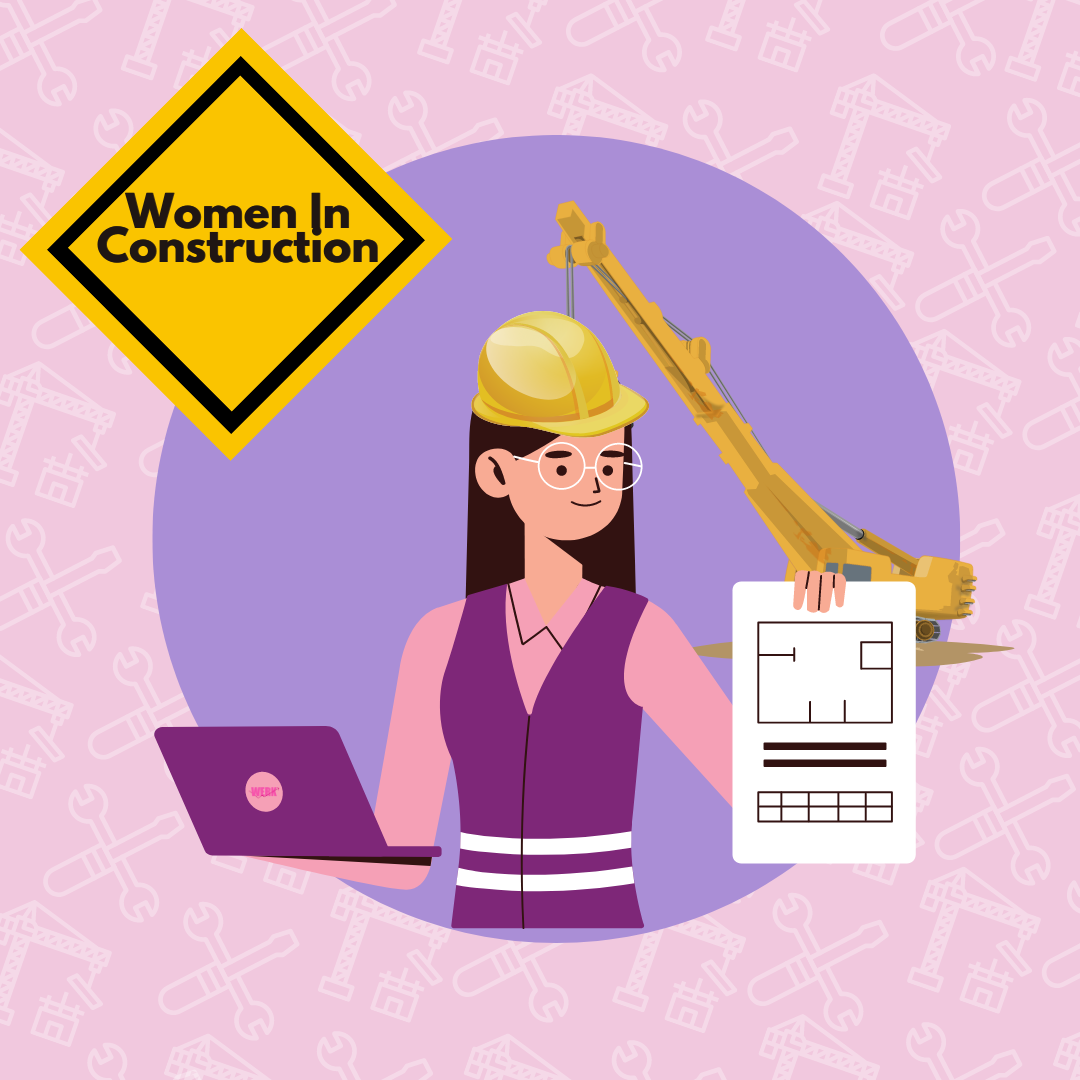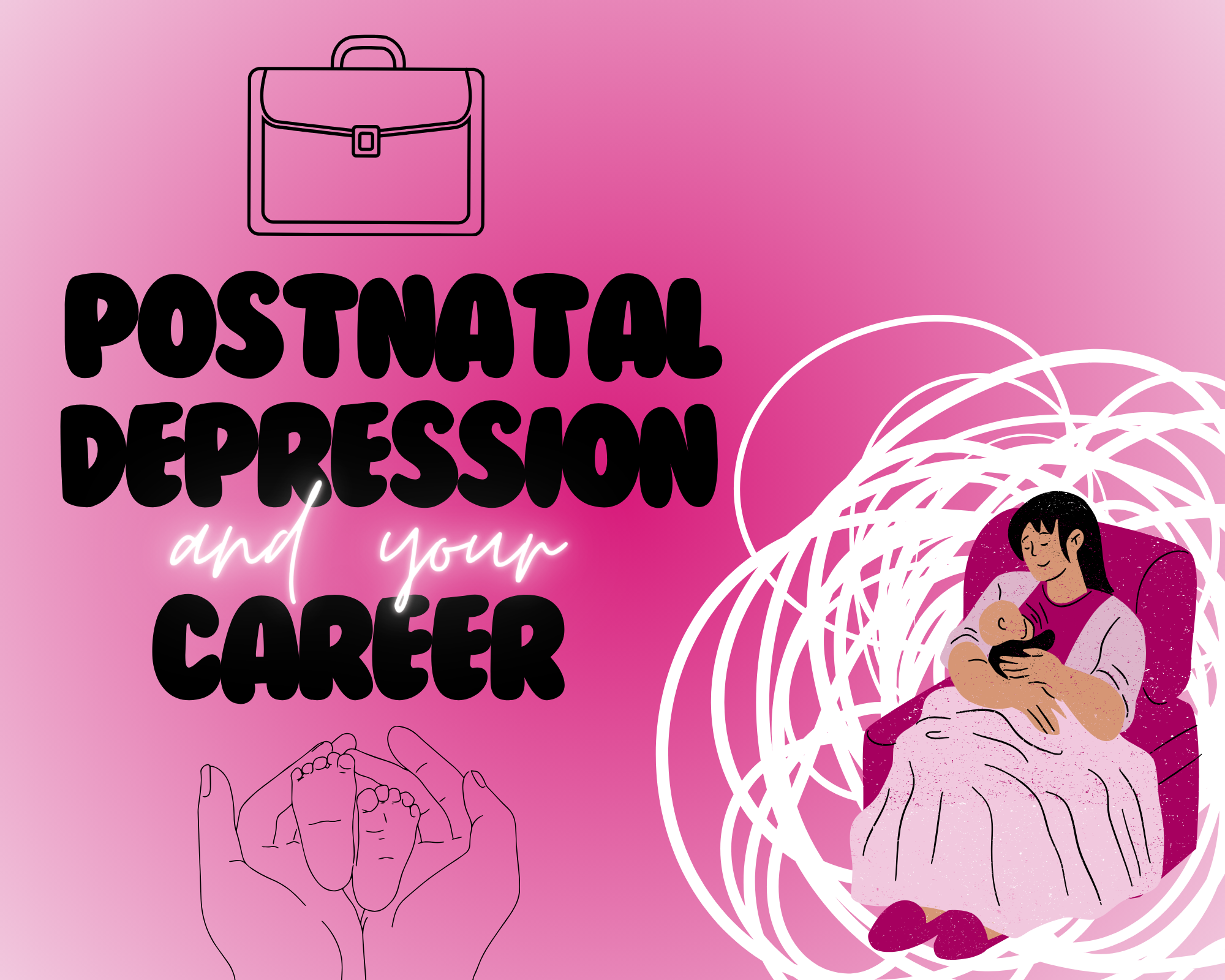Women in construction account for just 11 per cent of the workforce – leaving the industry still heavily male-dominated and begging questions for women looking to go into the sector. But championing the 11 per cent, we spoke to three young women proving you can thrive in the construction industry even if it seems like it’s not for the girls, providing you with a fulfilling, stable career for life.
Ella Samuels, 22, from Derbyshire is currently in her final year of her Business degree at Nottingham Trent University, having completed a placement at a construction firm as an Assistant Quantity Surveyor through a sponsorship scheme.
“I was fully aware going into my placement that I was headed straight first into an industry ran almost entirely by males. I got used to sitting in meetings as the token female amongst twelve men, usually contributing very little but absorbing the experience all the same. The men in the office were completely fine, they were lovely and understanding. As for the men on site it was a slightly different story…
Comments about my appearance were thrown around daily. The most extreme was that I ‘looked bangable’, and on one occasion one of the lads on site offered to get me a smaller pair of overalls so they were ‘tighter on my bum’. The comments were shocking. They most likely were stemming from a place of misogyny, but oddly the ‘banterous’ culture on site didn’t ruin my experience. I knew I’d be one of few females, and my attitude was just to crack on with it because to be honest, I’ve always got on with boys better anyway, and I knew a lot of it didn’t come from a bad place. Being told I look bangable at work was maybe a little extreme though.
Where it did get weird was when one of our 40 year-old clients started messaging me on Facebook. One day, after interacting totally normally with me, my manager and the trainee site manager, he left the office and went on his phone. Next thing, my phone flashes up. My heart dropped. The text said “you look good today”. Which I swiftly ignored, but he proceeded over the following week to tell me how beautiful I was and that he was in love with me, at which point I felt wildly uncomfortable, and as the message thread piled up, I knew it was time to say something.
I didn’t reply to any of the messages, until he dropped the L bomb at which point I said “can you please stop messaging me it’s making me uncomfortable”. I alerted my male manager to the situation who quickly dealt with it, although arranged for myself and the man to have an in person conversation where he would apologise for making me uncomfortable – that all felt a little primary school to me, so I chose to decline.
Family I have in the industry protest that it’s changed, but I disagree. A female who’s non white, older or with a disability wouldn’t last five minutes in my team. Which is heartbreaking. But the area the company is located in is extremely white, politically right-wing and everyone’s in each other’s pockets. But forget workplace culture, lads banter and stereotypes about work men cat-calling underage girls on the street – I’m fully aware this industry isn’t every girl’s cup of tea. In the office the ratio is 60 men, 40 women, but on site it’s 100 per cent men. And I can’t think for the life of me why any girl would want to do it. Standing out in the freezing cold at the crack of dawn never seemed too appealing to me personally.
To girls looking to go into the industry I’d say just go for it. It’s never going to not feel scary. But keep an open mind, be strong minded and focus on your work. Don’t let people tell you what you can and can’t do because of your gender but also just have a laugh with the lads. A lot of them are totally harmless and just because they’re boys it doesn’t mean you can’t get on with them.”
Sam Wright, 32, from Sussex is a Technical Manager for a construction company in Poole. She studied a degree in Environmental Science at the University of Southampton.
“It’s taken me seven years to get to where I want to. I’ve had four roles in the last eight years and as much as I love the job I do now it’s bloody hard work. I’ve gotten used to turning up to a project and being questioned ‘oh, you’re the manager?’ simply because of my gender. It’s tiresome and it wears you down, constantly battling the stereotype and bias. Even when it’s not outwardly offensive comments – there’s a general aura that male counterparts question your worthiness in the team on a lot of projects, and that can really chip away at your self-esteem over time.
The lack of female representation has undoubtedly been the most challenging aspect of my job. I’ve spent the last eight years tailoring my approach to relationships with men who’ve been in the industry longer than I’ve been alive. It’s been tough to say the least, but in order to carve out my role, I’ve learnt that being humble enough to say ‘I don’t know how this works, can you help me please?’ is paramount in earning the respect of your colleagues. Asking for help is something I’ve found to be hugely undervalued in the construction industry. Perhaps that’s because men are never wrong and it’s always been so male-dominated.
I often get mistaken for being site secretary as a pose to the manager, and sadly I’ve become accustomed to this, usually begrudgingly dangling my lanyard and proof of occupation in the face of whatever man has chosen to challenge my position that day. But aside from those expected barriers, I think being a female in the minority can actually really benefit you. As bleak as it might seem when other industries are streets ahead of construction in terms of gender equality, workers do think kudos to the women that are in the industry. Because they know the uphill struggle you’ve had to get there. And believe me, on the days where I’ve wanted to quit, the hill’s felt a little more like climbing Everest! But I love the industry all the same. I also think that being a female on site adds a different perspective to the project. I’m adamant that women see things differently to men, and I think having that keen, female eye throughout a project from the design to completion can make the world of difference.
Aside from the ongoing frustration when men in suits, high-vis and helmets continue to mansplain the basics of your own role to you – it’s a really rewarding industry. And there’s plenty about it that I love. When I return to a completed site a couple months after handover and see the landscaping fully established, and residents moving into their new homes, the elation I feel is indescribable. I’m an utter stickler for detail and things being just so – which is equally a pain in the arse just as much as it makes me good at my job. When I see a completed project that I know faced so many challenges I feel like I could punch the air.
I’d like to think that I’m walking proof you don’t need to have a degree in construction or have worked on site for years in order to break into this industry as a woman in construction. I discovered my passion for sustainability while writing my dissertation when I realised that contrary to what campaigners at uni were shoving down my throat, everyone becoming vegan wasn’t in fact going to solve climate change, but we actually had to start at the basis of the environment we live in. From this point onwards I’ve dedicated the last eight years of my life to making small changes in construction in order to benefit the environment, and I’ve loved every second of it.”
Honey Lambert, 17, from Lowestoft is currently studying her level two course in construction and bricklaying at college.
I’m a self-confessed girly-girl and I’m obsessed with hair, makeup and I like to turn up on site wearing pink crop tops under my overalls just to remind the boys that yes, I am in fact a female. I’ve not been bricklaying long but I’ve absolutely caught the bug for it. I always found school hard because I used to get bored and distracted very easily, which is why I love the practicality of bricklaying.
As you can imagine, when I first told my parents it was bricklaying I was going to do, they were not impressed. My dad actually found the prospect laughable, telling me I’d never be able to get up early enough to go on site. But now they’ve seen how well I’m doing at it. And how much I enjoy it, they’ve come around to the idea and are very supportive. The inevitable reactions of people around me has never discouraged me from doing what I wanted to do. If anything it made me want to do it even more.
To the man last week who told me I’m ‘too pretty to be a bricklayer’, I’m only 17, and I might not fit the ‘young lads on site’ stereotype, but isn’t it time we threw those out the window anyway!”
Women continue to face adversity in made-dominated industries. Read our article https://werkmagazine.co.uk/2024/05/17/if-being-a-woman-wasnt-difficult-enough-women-in-stem-facing-adversities/ about women in STEM to see more.




